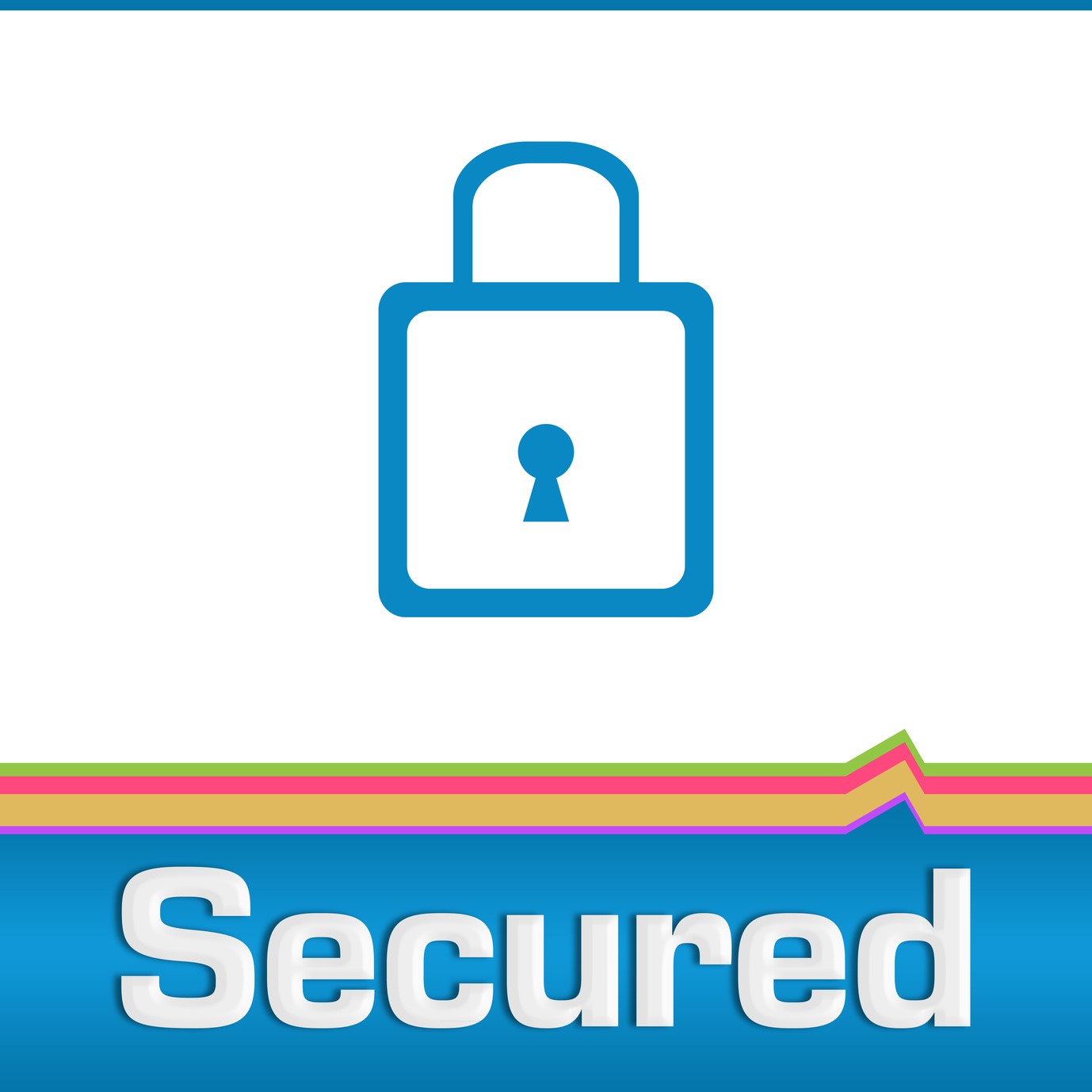 It’s practically impossible to run a business these days without a website. The time when people found you via the Yellow Pages is long gone. Nowadays, the first interaction customers have with businesses is in the online arena, and if they can’t find you online, chances are they’ll find your competitors. Your website acts as the hub of your online operation, providing consumers not only with your location and contact information, but also valuable information about your brand, your products, and your company as a whole.
It’s practically impossible to run a business these days without a website. The time when people found you via the Yellow Pages is long gone. Nowadays, the first interaction customers have with businesses is in the online arena, and if they can’t find you online, chances are they’ll find your competitors. Your website acts as the hub of your online operation, providing consumers not only with your location and contact information, but also valuable information about your brand, your products, and your company as a whole.
You can optimize your website to increase your online presence and your chances of driving targeted traffic; and it can act as the base of operations from which to launch a blog, social media profiles, and even an online store. Of course, you need to take steps to secure your website against hackers, malicious code, spyware, and other threats that could be detrimental to your business and even harm your clientele. To this end, there are several precautions you should take.
- Start at the beginning. Protecting your website begins with implementing basic strategies intended to build layers of defense. For example, you should start by utilizing a web application firewall, and there are several options to consider. Although you can purchase dedicated hardware and software for this task, many modern business owners are electing to use cloud-based web application firewalls from security as a service (SECaaS) providers that offer security through hosted servers. This is both a convenient and affordable option that allows businesses to benefit from the most up-to-date website security options without having to keep appropriate hardware on site or hire security professionals to maintain the system.
- Update regularly. Many programs allow you the option to institute automatic updates, alleviating you of the responsibility to do so. However, this won’t work for every program or piece of equipment you utilize for your business. If you want to ensure security for your website and associated systems, you need to take the necessary steps to remain current with all appropriate software and firmware updates. Otherwise you could miss out on vital fixes needed to protect against new threats.
- Utilize passwords. Anyone who accesses your system, from administrators, to employees, to customers, should not only have a username and password, but should be made to utilize the best possible practices where passwords are concerned. This means instituting restrictions that call for strong passwords (i.e. those of 8 or more characters, including alphanumeric characters, upper and lower case, and even symbols), as well as forcing users to create new passwords regularly – say every 2-3 months. Since many hacks and malicious attacks are the result of automated code looking to infiltrate websites via dictionary (or similar) attacks in order to take advantage of mailing lists or engage in identity theft, strong passwords are an essential line of defense. You should also warn users to create different passwords for every site they visit so that if their accounts are hacked elsewhere your website will not be compromised. In addition, you can help to increase protections by not giving away too much information. For example, when a username or password is wrong, don’t display an error message that says which one is wrong. Cancel both fields so that hackers and malicious programs don’t know which one is correct.
- Test security. If you’re not testing your security, you won’t know if it’s faulty until you’re hacked. Unless you have a background in IT and the ability to dedicate time to ensuring website security, your best bet here might be to hire a third party to undertake this testing for you. Plenty of reputable IT service providers can accommodate you and even make recommendations for ways to upgrade your security measures. You could also hire in-house IT staff for this purpose and for ongoing maintenance and monitoring.
- Get professional help. The average business owner isn’t likely to have a strong background in online security. The good news is that you can hire qualified professionals to provide you with the diagnosis, advice, and services needed to put appropriate security measures in place. Your website is a tool that can help you connect with and serve your customers; you don’t want it to turn into a liability. Hiring experts to meet all of your security needs will help to ensure that you never have to deal with the fallout from a website security breach.


